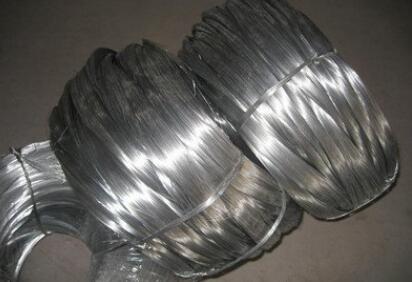Understanding Screen Wire Applications, Benefits, and Considerations
Screen wire, a versatile material widely used in various industries, serves several important functions, particularly in construction, agriculture, and manufacturing. This article explores the characteristics, applications, and advantages of screen wire, providing a comprehensive understanding of its significance.
At its core, screen wire refers to a mesh made from metal or plastic that is designed to keep out unwanted elements while allowing for airflow and visibility. The most common types of screen wire are made from materials such as stainless steel, aluminum, fiberglass, and PVC-coated wire. Each type has its unique properties, making it suitable for different applications.
One of the primary uses of screen wire is in window and door screens. These screens provide an essential barrier against insects and debris while allowing fresh air and sunlight to penetrate living spaces. The importance of this function cannot be understated, particularly in regions where mosquitoes and other pests are prevalent. By using screen wire, homeowners can enjoy natural ventilation without compromising their comfort.
In agricultural settings, screen wire finds its utility in protecting crops. Farmers often use it to create enclosures that keep out birds and other animals that might damage young plants. Additionally, screen wire is valuable in grain storage facilities, where it helps to prevent the entry of unwanted pests while allowing for proper ventilation. This ensures a healthier storage environment and safeguards the quality of the grain.
screen wire

Furthermore, in manufacturing, screen wire is often used in filtration systems. Various industries, from food processing to chemical manufacturing, rely on screen wire meshes to filter out impurities from liquids and other materials. The mesh’s size can be customized to target specific particle sizes, making it a critical component in maintaining product quality and safety.
In terms of benefits, screen wire offers several advantages. Durability is one of its key characteristics; for instance, stainless steel screen wire is resistant to rust and corrosion, making it ideal for outdoor applications. Similarly, fiberglass screen wire is lightweight and does not rust, which can be highly beneficial in moist or coastal areas. The ability to withstand harsh environmental conditions further enhances its functional lifespan.
Another notable advantage is the ease of installation and maintenance. Most types of screen wire are relatively simple to handle, cut, and install in various settings. Repairing a damaged section is typically straightforward, requiring little more than a replacement piece of mesh, which can be cut to size.
However, there are considerations to keep in mind when choosing screen wire. The choice of material will depend largely on the specific requirements of the application, such as strength, visibility, and environmental conditions. For instance, while aluminum wire is lightweight and resistant to rust, it may not be suitable for high-security applications where stronger materials are necessary.
In conclusion, screen wire is an essential component in numerous applications ranging from residential buildings to agricultural operations and manufacturing processes. Its benefits, including durability, ease of installation, and versatility, make it a popular choice across various sectors. Understanding the specific needs of an application will help in selecting the most appropriate type of screen wire, ultimately maximizing its effectiveness.

















